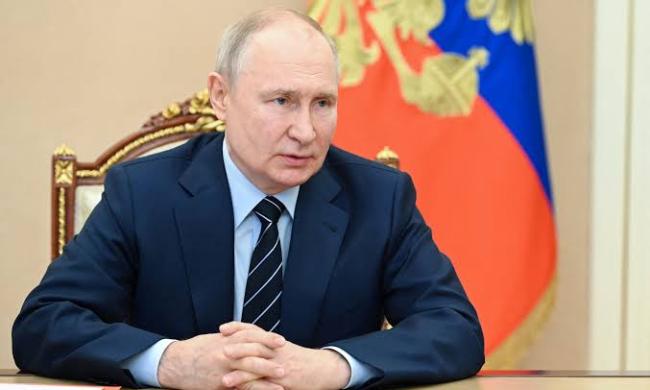DAILY TRUST
Following what many described as a U-turn by President Bola Ahmed Tinubu on the Federal Ministry of Niger Delta Development, the number of ministers in his cabinet rose to 46.
However, findings revealed that not a few of the workers in some of the ministries were wrapped in a blanket of confusion following the splitting of some of the ministries.
Forty-five ministers had earlier taken their oath of office pursuant to Tinubu’s exercise of executive powers as granted under Section 5 of the 1999 Constitution, and in line with Section 147(3).
On July 27, Tinubu forwarded a list of 28 nominees to the Senate for screening and confirmation, and on August 2, the president sent the second batch of nominees for screening.
All the nominees were cleared, apart from the trio of a former governor of Kaduna State, Mallam Nasir El-rufai, a former national women leader of the All Progressives Congress, Stella Okotete, and a ministerial nominee from Taraba State, Danladi Abubakar, over security clearance.
What immediately distinguishes the current cabinet of President Tinubu is that it is the largest since Nigeria’s return to civilian rule in 1999.
It would be recalled that former President Olusegun Obasanjo began in 1999 with a cabinet of 42 ministers (1999–2003), which he later reduced to 27, and was increased to 30 by the time he was leaving office in 2007.
His successor, the late President Umaru Musa Yar’Adua, in 2007 had a 39-member cabinet while his successor, Goodluck Jonathan, appointed 33 ministers (2011-2014), and later 37 just before the 2015 general elections.
On his part, the immediate past President Muhammadu Buhari appointed 36 ministers in 2015 but later increased to 42 in 2019.
New ministries and nomenclatures
While President Tinubu split some ministries and created new ones, he left not less than 15 of them without any changes in their appellations.
They include Defence, Education, Federal Capital Territory, Interior, Foreign Affairs, Police Affairs, Steel Development, Information and National Orientation, Justice; Environment (removed Ecological), Labour and Employment, as well as Special Duties and Intergovernmental Affairs.
Others are Power, Transportation, Industry, Trade and Investment, Science, Innovation and Technology, and Women’s Affairs.
However, Tinubu created new ministries, including Marine and Blue Economy; Tourism; and Ministry of State (Gas), Petroleum Resources. He also added responsibilities and appellations such as Health and Social Welfare; Communications, Innovation, and Digital Economy; Aviation and Aerospace Development; Humanitarian Affairs and Poverty Alleviation; Art, Culture and Creative Economy; Environment and Ecological Management; Water Resources and Sanitation; Agriculture and Food Security.
Confusion as new ministries share buildings, directors, staff
While the Ministry of Marine and Blue Economy, currently headed by Gboyega Oyetola, emerged from the Ministry of Transportation, the ‘parent’ ministry is currently headed by Said Alkali.
The two ministers were sworn in on Monday, August 21, with Oyetola resuming at the Ministry of Transportation immediately while Alkali resumed at the same ministry the following day.
READ THE FULL STORY IN DAILY TRUST



Connect with us on our socials: